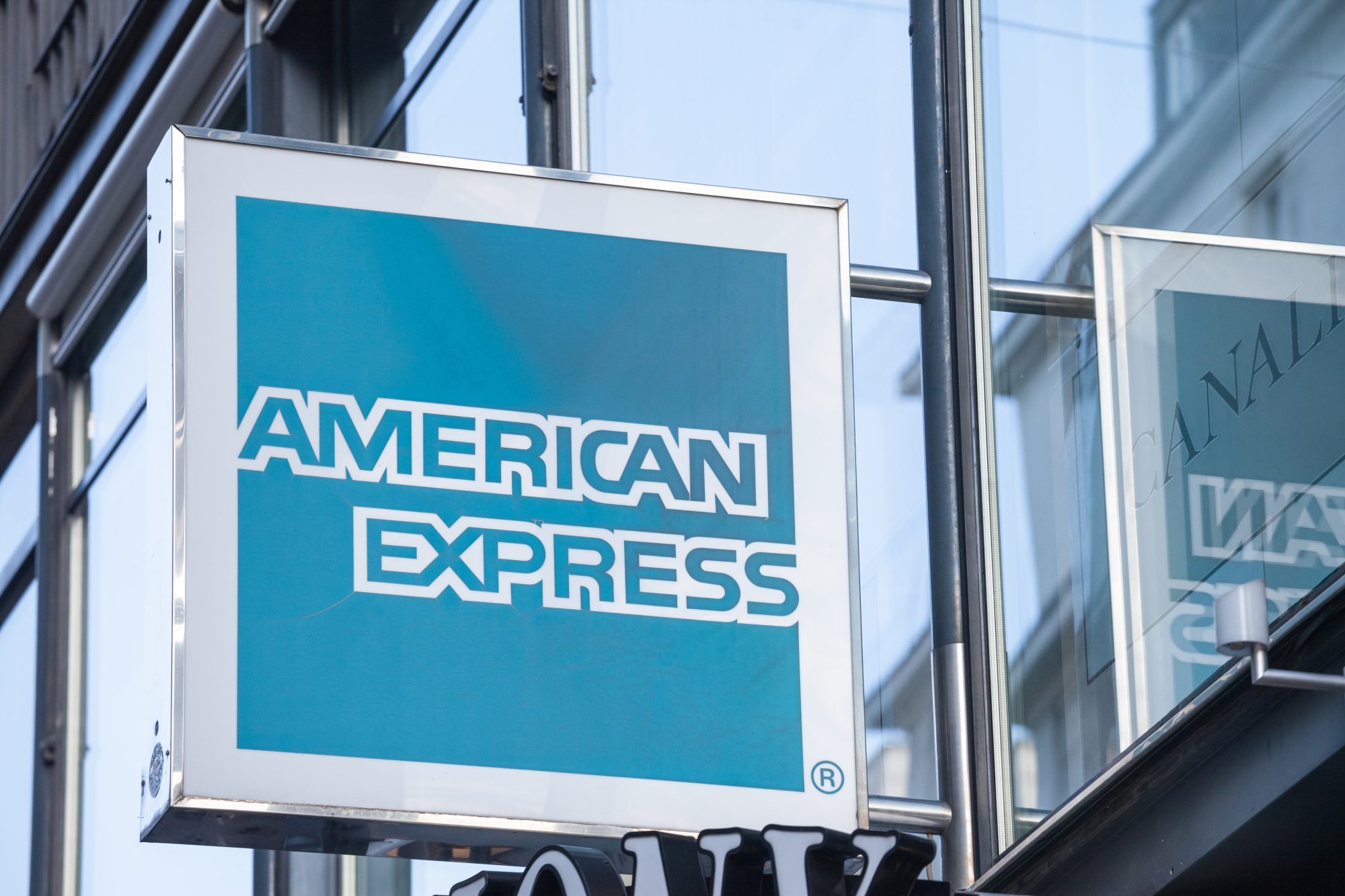Nelson Peltz, founding partner and CEO of Trian Fund Management asked DuPont to use a universal proxy card for the election of directors during the upcoming annual meeting of shareholders.
The activist investor made the demand to the board of directors of DuPont on February 23, 2015. A universal proxy card includes a complete list of nominees for the board. It allows shareholders to elect their preferred mix of management and shareholder nominees whom they think would best represent their interests.
DuPont rejects Mr. Peltz’ request
In a response to Mr. Peltz, the board of directors of DuPont rejected the request of Mr. Peltz to use a universal proxy card in a letter filed with the Securities and Exchange Commission (SEC).
DuPont said its board of directors carefully evaluated the potential use of a universal proxy card compared with customary form of proxy card.
The chemical giant said, “Our overriding objective is to enable shareholders to elect the nominees that they believe are the best candidates through a fair, open, reliable, and accurate voting process.”
DuPont emphasized that it consulted a range of proxy and governance experts. The company evaluated its shareholder base in connection with the matter. The company has approximately 1,400 institutional shareholders and around 600,000 individual shareholders. The board of directors concluded that a universal proxy card is not feasible due to different reasons.
“Following a thorough review, the Board has unanimously determined that the use of a universal proxy card would not be in the best interests of DuPont shareholders,” wrote DuPont.
DuPont says customary form of proxy card remains most reliable
The board of directors of DuPont believed that the customary form of proxy card is still the most accurate, reliable, and comprehensive process for electing directors.
The chemical giant explained that its research indicated that a universal proxy card was only used in a few, unusual circumstances by incorporated companies in the United States. It was never used by a company of any sizable market cap or a company like DuPont’s size or an entity with a similarly large retail shareholder base.
DuPont pointed out that it was inappropriate to use its shareholder base as test base since the issue at hand is critical to the value of their investment.
The chemical giant also expressed concerned that its current infrastructure is not sufficient to support the use of universal proxy card, and confusion could disenfranchise a significant portion of its retail shareholders.”
Furthermore, DuPont emphasized that the SEC is yet to adopt or enact rules regarding the use of a universal proxy card.
“The risk of compromised access, accuracy, and reliability is significant if we attempt to use a universal proxy card. Fortunately, shareholders are able to achieve the same objective of universal proxy cards—choosing candidates from either ballot—within the framework of the current proxy rules,” said DuPont.











